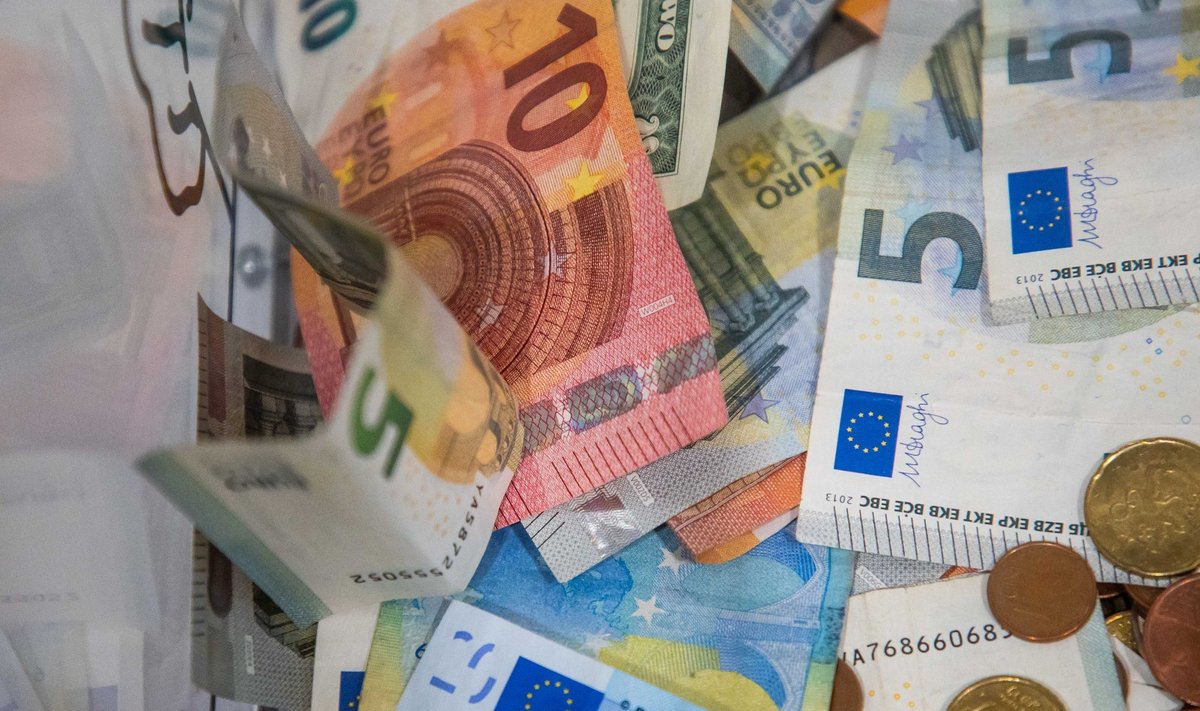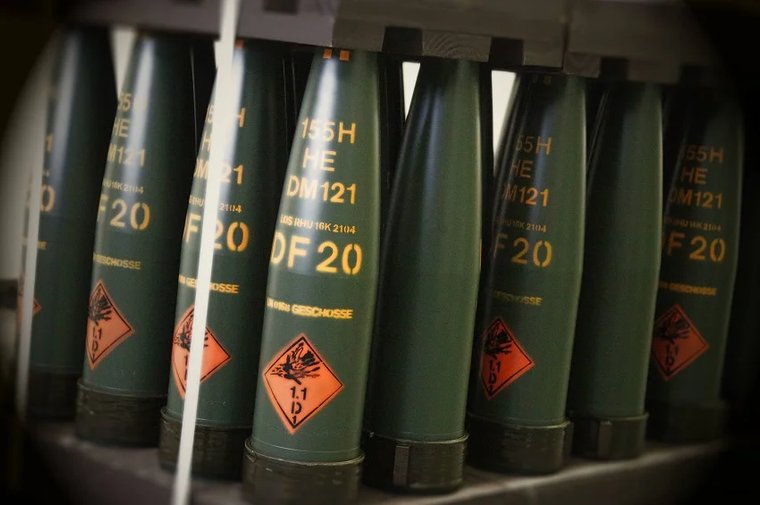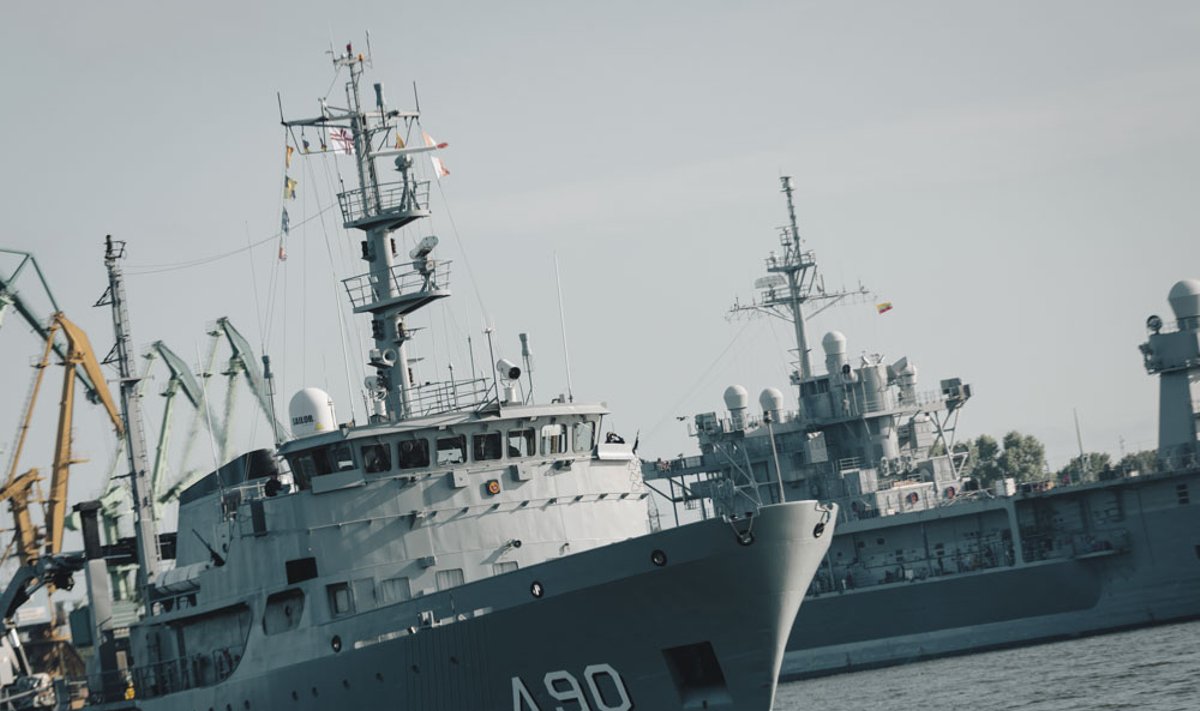Security officials are deeply concerned that the Kremlin may reveal the identities of British intelligence officers in the escalating and bitter confrontation following the Salisbury nerve agent attack, The Independent has learned.
The disclosure could start, it is feared, with those who work for MI6 among the 23 British diplomats being thrown out of Moscow in retaliation for the same number being expelled from the UK. Doing so would break standard protocol in place to protect spies from opposing sides, in recognition that exposing personal details may put them in danger including from terrorist attacks.
It has been the normal practice since the end of the Cold War to avoid leaking such information in these circumstances. The UK has not published the names of the 23 Russians who have been expelled and there are no plans to do so. Some senior members of Vladimir Putin’s administration are, however, incensed by what they consider to be aggressive and inflammatory remarks made by British ministers about Russia’s culpability over the attempted assassination of former spy Sergei Skripal and his daughter Yulia and are said to be advocating drastic action.
The media in the UK are requested to and generally adhere to the Sensitive Persons Information (SPI) agreement under which personal details of members of security, intelligence and counter-terrorist agencies, as well as special forces and the MoD are not put in the public domain.
But it is acknowledged that it would be impossible to keep these details totally secret in the days of the internet should the Russians choose to reveal them. There is also the worry that Moscow may want to carry out a wider dissemination of British security and intelligence information, possibly using a platform like WikiLeaks which had, in the past, been used to expose Western secrets.
WikiLeaks was also used to release 20,000 Democratic National Committee emails during the US presidential election campaign to undermine Hilary Clinton and help Donald Trump. The US President’s links with Moscow are currently under investigation by special counsel Robert Mueller.
Attempts by the UK to organise concerted international action against Moscow have, so far, been largely unsuccessful. Despite expressions of solidarity from the European Union there have been no moves for further sanctions.
Jean-Claude Juncker, the European Commission President, has congratulated Mr Putin on his re-election and has urged closer ties between the European Union and Moscow. And, in a major blow to Theresa May’s government, Donald Trump sent his own congratulations to Russia’s President, while at the same time pointedly failing to raise the issue of the Salisbury attack.
Mr Trump, presented by Tory right-wingers as the most staunch ally of post-Brexit Britain, ignored the warnings of his national security advisors whose briefing material, it has been reported, said in capital letters “DO NOT CONGRATULATE”. He also dismissed suggestions that he should make clear the US’s concerns over the nerve agent attack. The President described his conversation with Mr Putin as a “very good call.”
The British government is still threatening to take unilateral punitive measures against Russia. Appearing before the Commons Foreign Affairs Committee, Boris Johnson repeated his charge that Mr Putin was responsible for the Salisbury attack, saying: “The trail of responsibility for the assassination does lead inexorably back to the Kremlin. No matter how exactly it came to be done, the path of responsibility goes back to those at the top.” The poisoning, he added, was “a sign” from Mr Putin that “no one could escape the long arm of Russian revenge.”
Mr Johnson wanted to stress that investigations were continuing into wealthy Russians in the UK over possible economic crimes. The Foreign Secretary had taken £160,000 in donation to the Conservative Party for playing tennis with the wife of one of Mr Putin’s former ministers, and the same woman had also donated £30,000 to the party in return for having lunch with Defence Secretary Gavin Williamson. Mr Johnson had defended receiving the money, saying: “It’s very important that we do not allow a miasma of suspicion about all rich Russians in London to be created.”
A senior Whitehall official stated that Russian threats to disclose the identities of British intelligence officers were “utterly unjustified and irresponsible. They know we did not make public the names of those working under diplomatic credentials we expelled from this country. That list was carefully calibrated and we intend to maintain channels of communication.”
independent.co.uk







